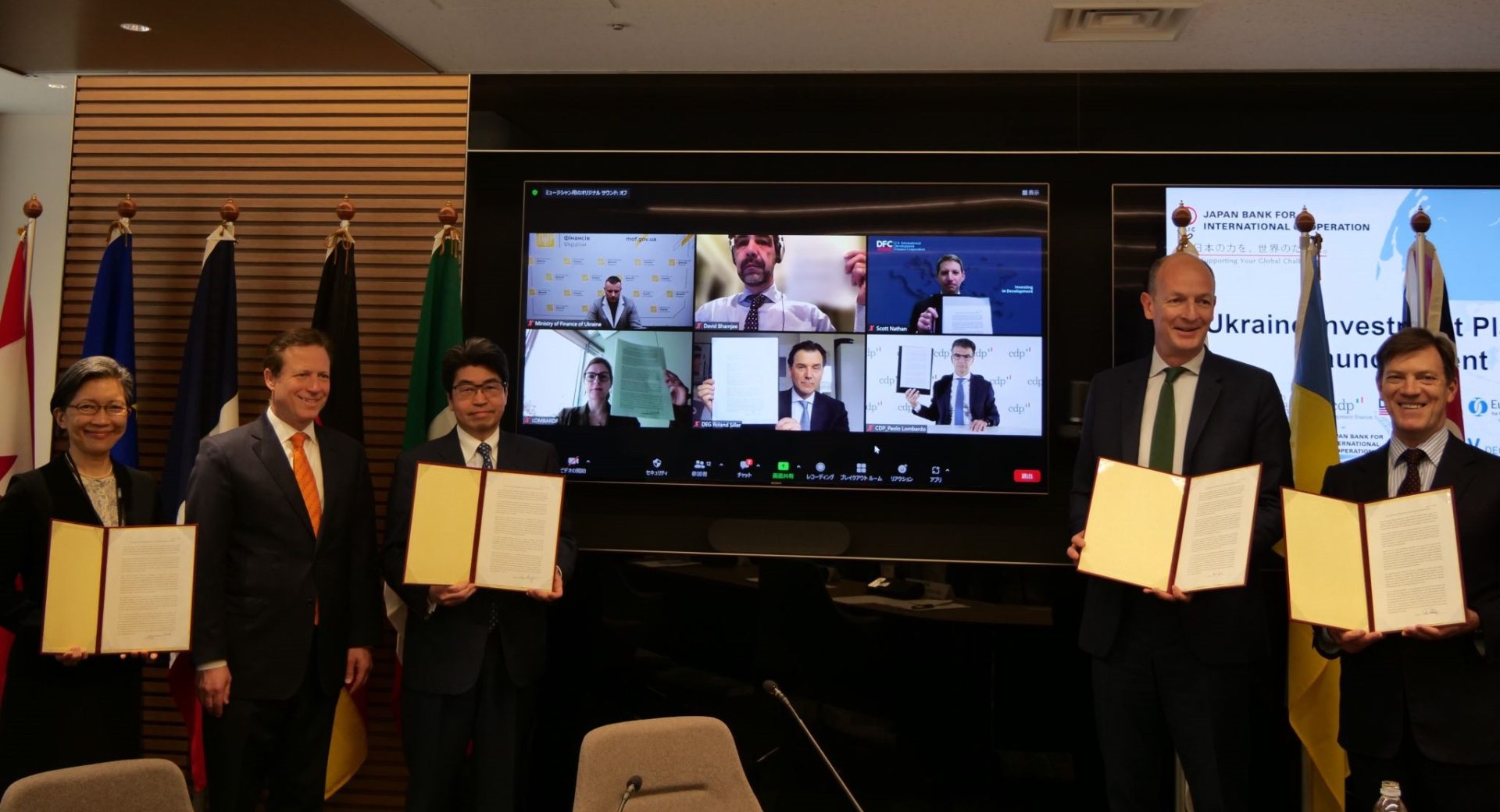Practical guidance designed to support the private sector in the fight against modern slavery has been launched today by a group of development finance institutions (DFIs).
The guidance helps companies and investors in emerging markets by giving them the practical tools to identify and manage potential risks proactively.
The guidance features in a new Good Practice Note, “Managing Risks Associated with Modern Slavery”, produced by CDC Group plc, the International Finance Corporation (IFC), the European Bank for Reconstruction and Development (EBRD), alongside the UK’s Department for International Development (DfID).
Modern slavery comprises different forms of slavery, servitude, forced or compulsory labour and human trafficking. The guidance focuses on the concept of forced or compulsory labour as the form of modern slavery which investors and companies are most likely to encounter in their operations or business relationships.
According to recent estimates by the International Labour Organisation (ILO) and Walk Free Foundation, there are roughly 40.3 million victims of modern slavery around the world, of whom 24.9 million people are estimated to be in conditions of forced labour, including 16 million people in the private sector. Modern slavery disproportionately impacts women who are thought to make up 71% of all modern slavery victims.
The private sector increasingly acknowledges the key role that they can play in confronting forced labour risks. The publication does not set new standards. Rather, it distils key concepts and proposes some practical measures – illustrated by best practice examples – that investors and companies can use. From its suggestions to strengthen investors’ environmental and social due diligence or improve companies’ supply chain monitoring, Managing Risks Associated with Modern Slavery provides an understanding of why action is necessary, how to manage and address specific issues, and why cooperation with others is so important.
The Good Practice Note, which was commissioned by the DFIs and produced by Ergon Associates and the Ethical Trading Initiative, provides guidance for DFIs, banks, private equity firms and other financial institutions that provide capital to private companies in emerging markets. The publication offers advice for a range of sectors where risks of modern slavery are high. These risks tend to be greater in the supply chain and are associated with a number of unacceptable practices, such as abusive and fraudulent recruitment (e.g. use of recruitment fees), the withholding of wages, and document retention, etc – some or all of which can leave workers in a situation of modern slavery. Furthermore, the Good Practice Note is of relevance and practical use for a range of company functions, including management, human resources, sustainability and procurement.
Mark Eckstein, CDC’s Director, Environmental and Social Responsibility said:
“The guidance we’re launching today will equip investors and companies in emerging markets with the practical advice they need to understand, manage and address the possible risks of modern slavery in their operations and supply chains.”
Alistair Clark, Managing Director for Environment and Sustainability at the EBRD added:
“Forced labour cannot be tolerated under any circumstance, but we recognise that tackling it can present an extraordinary challenge for our clients, especially where it occurs in lower tiers of supply and contracting chains. This Good Practice Note on Managing Risks Associated with Modern Slavery is a welcome tool to help EBRD clients navigate the complexities of forced labour and improve how they manage this risk effectively.”
Ethiopis Tafara, Vice President and General Counsel, Legal, Compliance Risk and Sustainability at IFC, said:
“The Good Practice Note on Managing Risks Associated with Modern Slavery draws on IFC’s experience working with clients to mitigate risks related to forced labor at both the project level and in their supply chains. The complexities of avoiding modern slavery are significant and this note outlines practical steps the private sector can take to help address this urgent global issue.”
Media Contacts:
CDC – Rhyddid Carter, Corporate Communications Manager, rcarter@bii.co.uk +44 (0)7824 552326
EBRD – Anthony Williams, Director, External Communications. williama@ebrd.com +44 2073386997; +44 7841181878
IFC – Kathryn Graczyk, Communications Officer, kgraczyk@ifc.org +1 (202) 473 3822
Insight is our series of practical lessons on private sector investment and development, based on our experiences. Sign up to our monthly newsletter.











